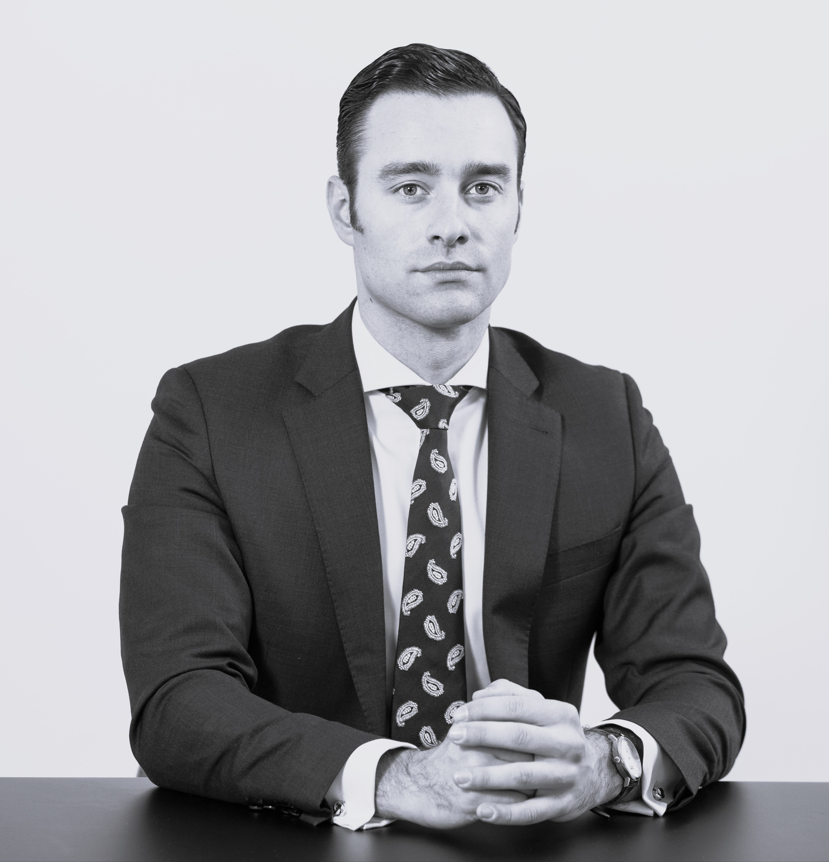Money laundering
Money laundering
The crime of money laundering is among the most complex and sophisticated offenses within the legal system. It is constituted by a series of actions aimed at concealing the illicit origin of funds derived from criminal activities, thereby providing those assets with the appearance of legality.
Regulation of Money Laundering in the Spanish Penal Code
In Spain, money laundering is regulated under the Spanish Penal Code, specifically in Articles 301 et seq. These provisions establish penalties and sanctions for any person who acquires, possesses, uses, converts, or transfers assets, knowing that they originate from criminal activities. Furthermore, any act intended to conceal or disguise the illicit origin of such assets, or to assist the perpetrators in evading legal consequences, is also punishable.
Definition of Money Laundering
Money laundering is defined as conduct directed at concealing or masking the illicit origin of funds obtained through criminal activity. For the offense to be established, there must be actual facilitation, meaning concrete acts that aid in disguising the illicit origin of the funds or assets. These acts may be direct or indirect but, in all cases, seek to confer a legitimate appearance upon illegally obtained assets.
Evidence of Indications and Guilt
To establish the commission of money laundering, there must be a reasonable conviction based on evidential indications. The evaluation of such evidence must be rigorous, as with other criminal offenses, requiring a thorough process to determine the defendant’s guilt. It is not necessary to prove the underlying offense to charge the money laundering crime; it is sufficient to demonstrate that the defendant knew, or should have known, that the assets originated from illicit activity.
Stages of Money Laundering
The process of money laundering typically unfolds in several stages:
- Obtaining Illicit Funds: Through criminal activities such as drug trafficking, corruption, or tax fraud.
- Placement: Introducing illicit funds into the financial system or moving them under third-party names to hinder traceability.
- Concealment or Transformation: Aiming to give illicit funds the appearance of legality through financial operations such as transfers, real estate investments, or the acquisition of financial assets.
- Integration: Fully incorporating illicit funds into the financial system, blending them with lawful assets to allow their use without attracting suspicion.
Legislative Modifications and Corporate Liability
Organic Law 5/2010 introduced significant reforms, including the criminalization of self-laundering and the expansion of the offense to include the possession and use of illicit assets. Aggravating factors were established based on the origin of the funds, particularly when derived from drug trafficking or involving public officials. The law also addresses the criminal liability of legal entities, enabling the sanctioning of companies that benefit from such illicit activities.
Organic Law 6/2021 further expanded the scope of aggravated offenses based on the origin of the funds and established an obligation for financial institutions to report suspicious transactions to the competent authorities.
Take Action Now
If you or your company are facing allegations related to money laundering, it is crucial to seek immediate legal guidance. Fukuro Legal offers specialized criminal law expertise to protect your rights, assess your risks, and provide a robust defense strategy. Contact our team today for a confidential consultation and ensure that your interests are fully protected under the law.
Duis aute irure dolor
Lorem ipsum dolor sit amet, consectetur adipiscing elit, sed do eiusmod tempor incididunt ut labore et dolore magna aliqua.
Money Laundering Defense Lawyer
Specialized defense in money laundering cases. Expert representation for illicit fund concealment, financial crimes. Strategic counsel on self-laundering, corporate liability. Comprehensive defense for complex economic crime prosecutions.

The best criminal lawyers
Get to know the people behind Fukuro Legal — lawyers committed to strategic, high-level defense.






Premium service.
Trusted by our clients
Our clients trust us for effective representation and support in their criminal cases. Their testimonials highlight our commitment to protecting their rights and achieving the best outcomes.
Contact Us
Contact our criminal defense attorneys. The firm offers immediate action in any emergency situation.
